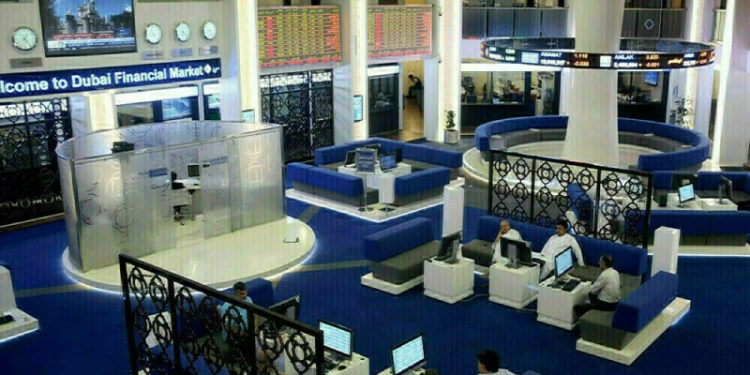JAKARTA: Malaysian palm oil futures closed up on Wednesday, supported by gains in rival vegetable oils and a weaker ringgit, while investors look for cues from an industry conference in Indonesia starting later this week and Malaysian Palm Oil Board data due next week.
The benchmark palm oil contract for January delivery on the Bursa Malaysia Derivatives Exchange gained 112 ringgit or 2.33%, to 4,918 ringgit ($1,117.73) a metric ton on the closing.
“The futures market is waiting for new leads from the Bali conference and MPOB official data next week,” said a Kuala Lumpur-based trader.
The two-day Indonesian Palm Oil Conference in Bali starts on Thursday, while the MPOB data is scheduled to be out on Nov. 11.
Dalian’s most-active soyoil contract rose 0.51%, while its palm oil contract gained 0.48%. Soyoil prices on the Chicago Board of Trade were up 0.33%.
Palm oil tracks price movements of rival edible oils as it competes for a share in the global vegetable oils market.
The ringgit, palm’s currency of trade, weakened 1.38% against the U.S. dollar, making vegetable oil cheaper for buyers holding foreign currencies.
Palm ends lower on profit taking ahead of a major conference
India’s palm oil imports surged 59% in October to a three-month high compared to the previous month, as refiners boosted purchases to replenish stocks depleted by lower-than-usual imports in recent months and strong festive demand.
Malaysia’s palm oil inventories are forecast to fall in October, marking their first decline in three months, due to lower output and higher exports, a Reuters survey showed.
Oil prices fell as much as 2% on Wednesday after two sessions of gains, as the dollar surged on projections that Republican Donald Trump had won the U.S. presidential election, and as U.S. crude stocks rose more than forecast.
Weaker crude oil futures make palm a less attractive option for biodiesel feedstock.

Source: Brecorder




























